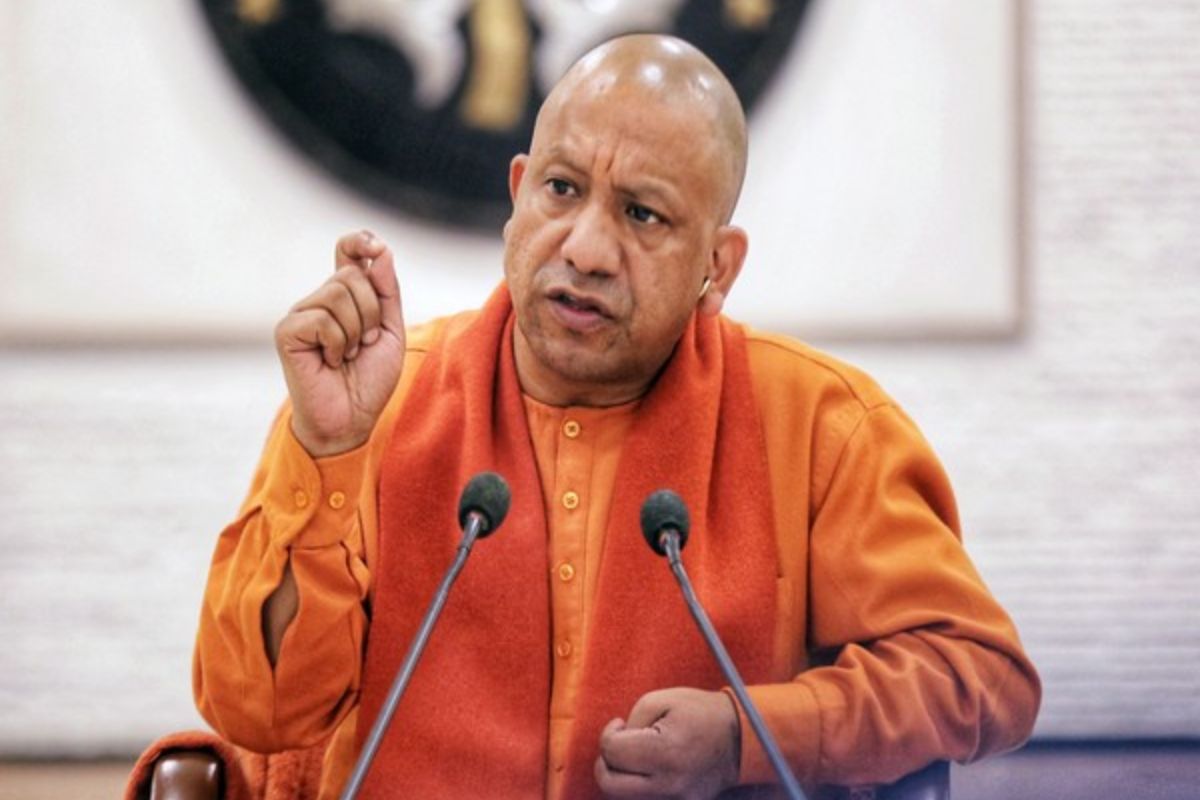Uttar Pradesh has made significant strides in law and order, infrastructure, and economic growth in the last seven-and-a-half years. Now, the state has launched the Eighth Economic Census 2025-26 to ensure inclusive development with a $1-trillion economy.
Through this exercise, the government aims to devise targeted policies and welfare schemes to uplift all sections of society and foster statewide growth. Chief Minister Yogi Adityanath has directed officials to formulate a comprehensive plan for the Eighth Economic Census (2025-26), aiming to elevate Uttar Pradesh’s economy to new heights.
Advertisement
The Yogi government envisions this census not merely as a data collection exercise but as a transformative tool to drive economic growth.
An official said here on Tuesday that to ensure accuracy and efficiency, the census would be conducted digitally as per the chief minister’s directives. A web-based mobile application is being developed to facilitate real-time data verification, monitoring, and analysis, ensuring transparency and informed policy-making.
This digital approach will help assess the current status of enterprises, self-employed individuals, workers, and small traders, thereby enhancing the effectiveness of government schemes.
The government plans to deploy 17,000 enumerators and 6,000 supervisors for the census. Local youth will be trained and integrated into the initiative, not only ensuring precise economic data collection but also creating employment and skill development opportunities, reinforcing the Yogi government’s commitment to economic empowerment and progress.
CM Yogi Adityanath has decided to include women enumerators in the Eighth Economic Census 2025-26, promoting their active participation. By offering technical training, data collection skills, and digital platform opportunities, the Yogi government is empowering women and advancing their self-reliance.
This digital economic census will also serve as a milestone in recognizing small entrepreneurs and businesses in Uttar Pradesh. By documenting the contributions of micro, small, and medium enterprises (MSMEs), the initiative aims to elevate them to national and international platforms.
The data-driven approach will enable the government to frame effective policies, ensuring that small businesses receive financial assistance, market access, business training, and technical support. This initiative will benefit traders and entrepreneurs from both urban and rural areas, strengthening the state’s economic landscape.
With a fully digital approach, the census will enhance efficiency, accelerate data collection, and provide real-time insights.
The Yogi government is developing a multi-layered monitoring system for the economic census, incorporating District Magistrates, District Statistical Officers, and an IT Expert Team. IT specialists will ensure data accuracy and authenticity through advanced digital systems. This initiative aims to bridge the economic gap between rural and urban areas.
In villages, the focus will be on promoting small enterprises and creating employment opportunities for the rural youth. Meanwhile, startups and MSMEs in urban areas will receive support and empowerment, driving local production and economic growth.
The government will formulate inclusive economic policies, ensuring benefits reach every citizen and fostering balanced development across the state.











